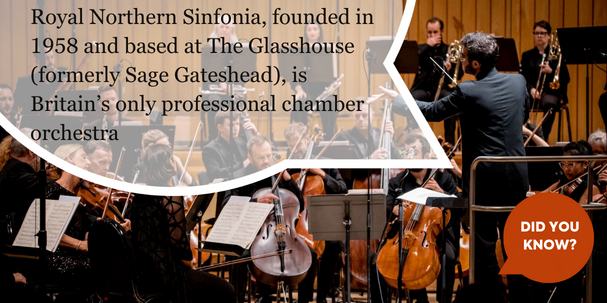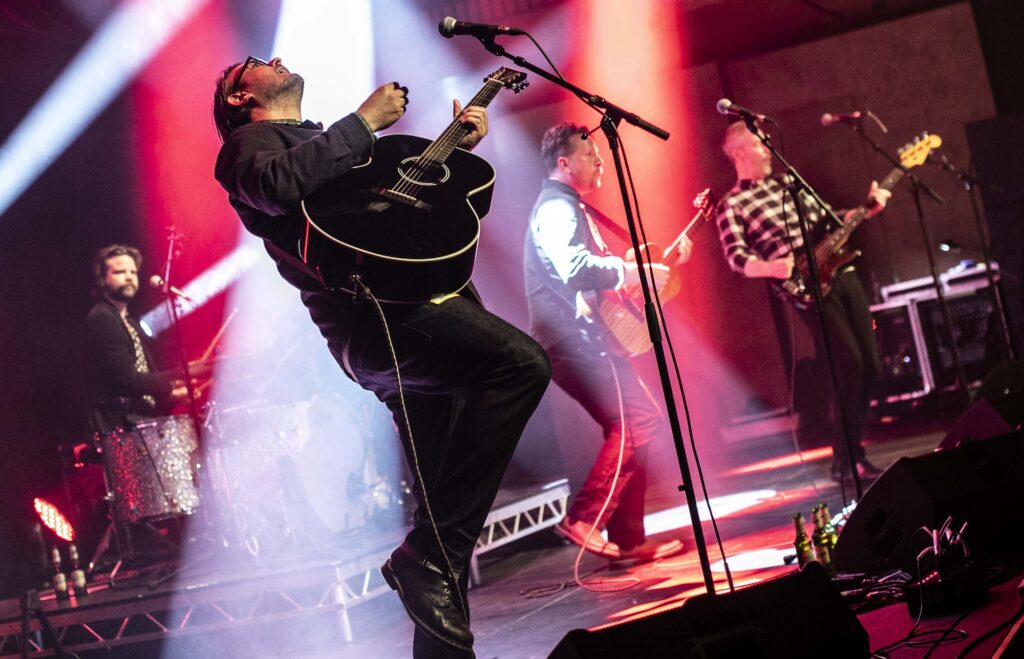
Sunderland is a city with a long tradition of music and musicians.
From Dave Stewart and The Toy Dolls to Field Music, The Futureheads, Frankie and The Heartstrings, The Lake Poets, and emerging talent like Lottie Willis and Celadore — the list goes on.
And this week, we take the first steps towards joining the Music Cities Network and becoming an internationally-recognised Music City — joining the likes of Aarhus, Bergen, Berlin, Gothenburg, Groningen, Hamburg, Manchester, Nantes, Reykjavik, and Sydney.
So what is a Music City? By its simplest definition, it’s a place with a vibrant music economy.
Beginning with musicians and those who make a living through music, Music Cities are home to a broad range of people who support and encourage music and the music economy to develop.
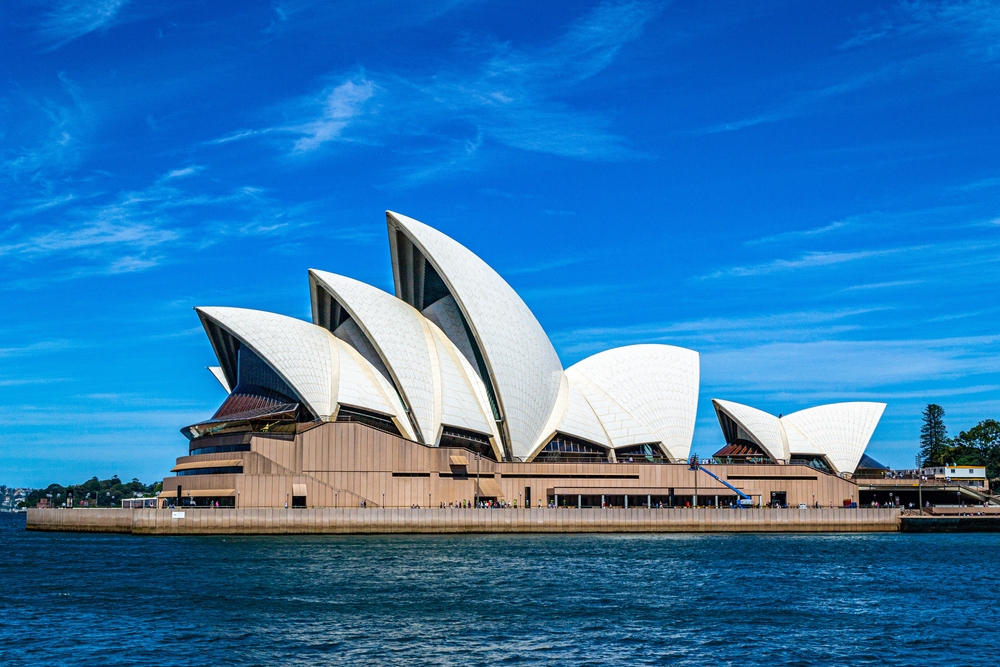
A Music City has spaces for education, rehearsal, recording and performance, and fosters a live scene with an engaged and passionate audience that provides artists with a fertile ground for developing their craft. In doing so it delivers significant economic, employment, cultural and social benefits.
We aim to develop Sunderland as a Music City, bringing together musicians, audiences and venues to help change people’s cultural experience in the city and the region, drive aspirations, and ambition and make it a place where talent wants to study, live and thrive.
- Read more: Culture and cuisine on Dance City’s menu
- Read more: Jill Halfpenny – Reimagining a life after unimaginable loss
In doing so, we want to positively change Sunderland as a place, making it even more vibrant and creative and (using a Beatles’ phrase) recognised for music ‘Here, There and Everywhere’.
We want musicians in Sunderland to be able to do everything they need to do here in the city — from picking up their first instrument, to developing their talent, to playing their first gig here.
But more than this we want them to be able to rehearse here, record here, create and print their records here, and even be able to have their album covers designed here.
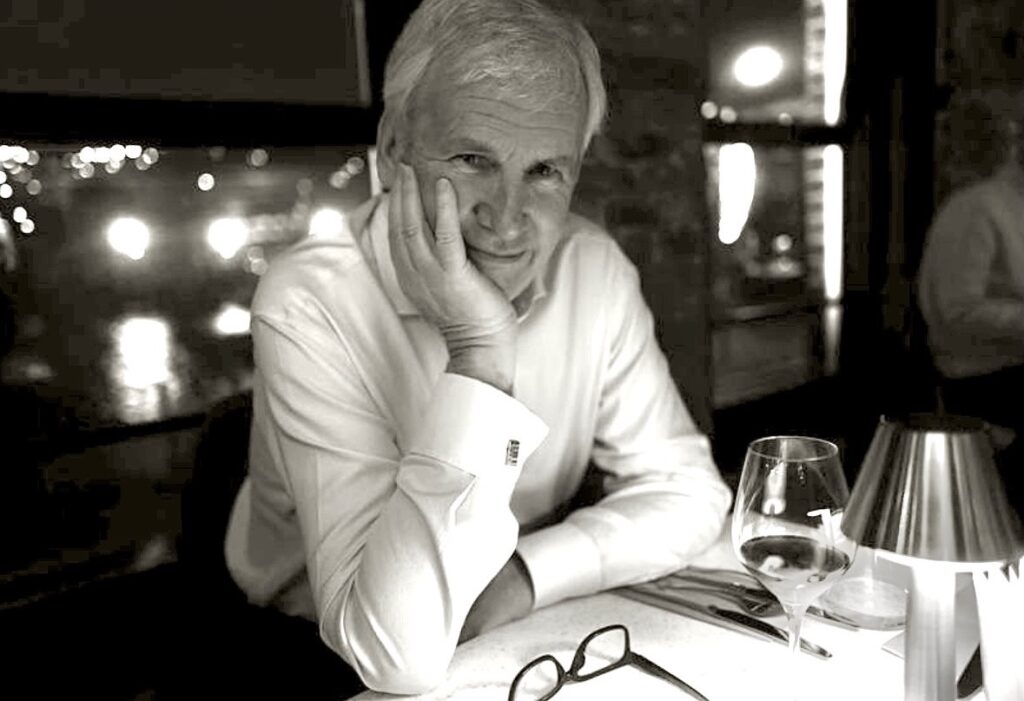
Elvis Presley and David Bowie’s records were made at the RCA plant in Washington during the 1970s so the tradition is already here.
Our ambition is for Sunderland to be a place where you can grow your talent as a musician and as a music fan somewhere you can go to a great gig every week.
We want to celebrate and promote what we already have, but we also want to grow and build our infrastructure and have a more joined up approach than already exists.
Sunderland is already seen as a city that loves and celebrates music and we need to build on that.
So what are we going to do? Working in partnership with our members, Sunderland Music City will first establish a Music City Advisory Board, drawn from key stakeholders in the music industry and broader music sector at all levels and from all music genres in the city.
The Board will support and oversee the work of the Music Office to develop and plan initiatives and help with their delivery by using the Board members’ expertise and networks.
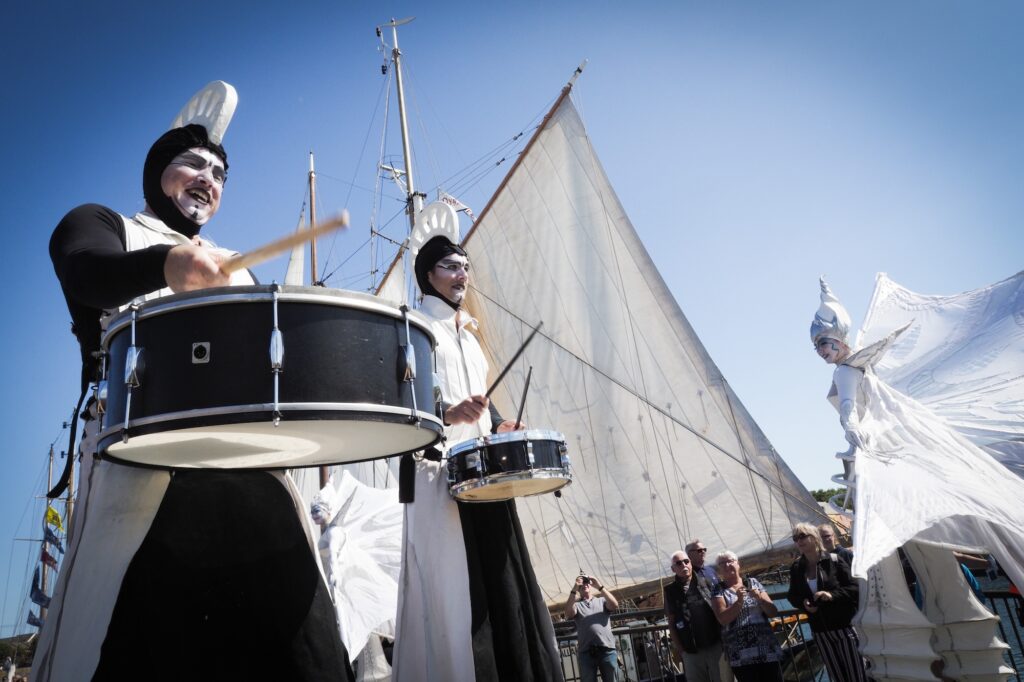
We’ll work with colleagues at the University of Sunderland to research and measure the social and economic impact of music in the City and to provide a benchmark for our initiatives.
Undertaken by Sunderland Music City Music Officers, we’ll paint a comprehensive picture of the local music industry. We will map Sunderland’s current music provision, reviewing and understanding what is needed for music in the City to thrive.
From this, we’ll develop a Sunderland Music City Strategy.
Produced by the Music City Office in conjunction with stakeholders and agreed by the Music City Advisory Board, our Music City Strategy will communicate our policies, initiatives and the measurable outcomes we hope to achieve.
We’ll create a calendar of annual Sunderland Music City events, beginning with Sunderland Music City Roots, our grassroots and emerging talent showcase at The Fire Station in Sunderland tomorrow (June 21).
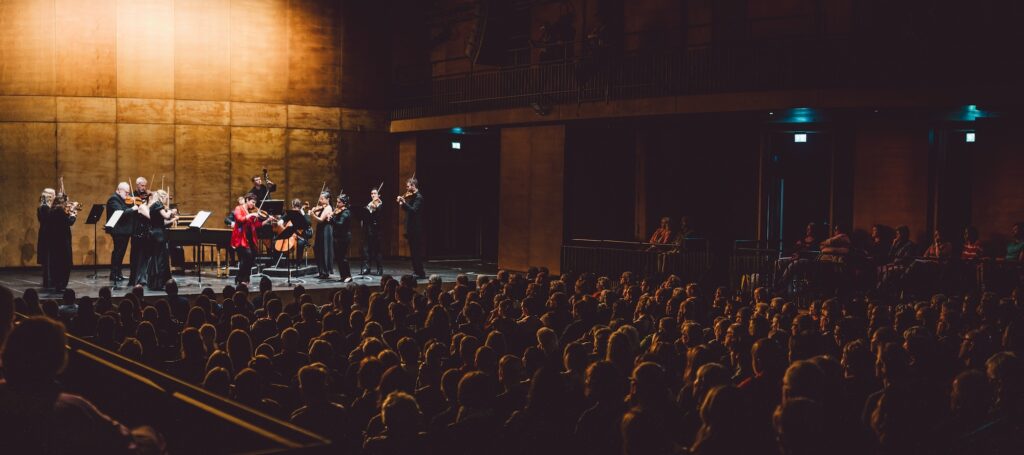
And in 2025, we aim to join the European Music Cities Network. The Music Cities Network focuses on joint project development, shaping music policies through collaborative research, networking, knowledge exchange and mutual support and advice.
It is part of an increasingly influential group of places that put music at the heart of their plans for development and we want Sunderland to be part of this network of Music Cities.
Through Sunderland Music City we believe we can develop and support music, in all its forms, bringing significant economic, employment, cultural and social benefits.
- Read more: Orchestral manoeuvres in… The Glasshouse
- Read more: Bear Park make their first mark
Music Cities around the world have attracted commercial investment, along with talent attraction and retention in education and employment.
However, the success of a Music City depends on the support of the music community, the education and public sectors and voluntary bodies and we’re delighted to see so many Sunderland organisations already becoming partners in our drive to join the Music Cities Network.
Music has so many cultural and social benefits. It makes us feel good. It encourages us to learn new skills. It is good for our mental health. It exposes us to different cultures. It helps us understand our history and heritage.
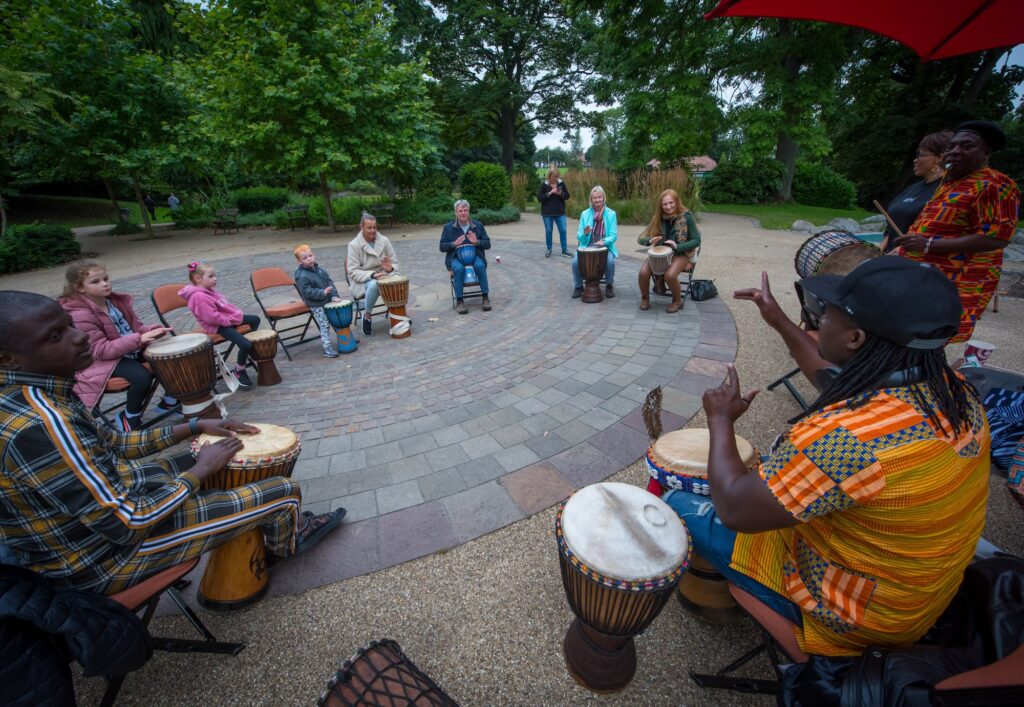
From musicians to promoters, hospitality workers to teachers — everyone can make a living from it. Music drives tourism and encourages people to stay longer, thus spending more money in our cities and our businesses.
Our priority is to get the whole city behind Sunderland Music City. We want everyone in the city to know about our ambition to be a Music City — and to support it.
Visit musiccity.uk for more information.
Paul Callaghan, CBE, is co-founder and the Chair of The Leighton Group, the North East based set of software, technology, communication and media companies. Paul has also achieved success in a variety of public sector roles, including as chair of regional development agency One North East. He currently chairs the board of trustees of The Sunderland Music, Arts and Culture, a charity established to develop the infrastructure and provision of music, arts and culture in the city.
